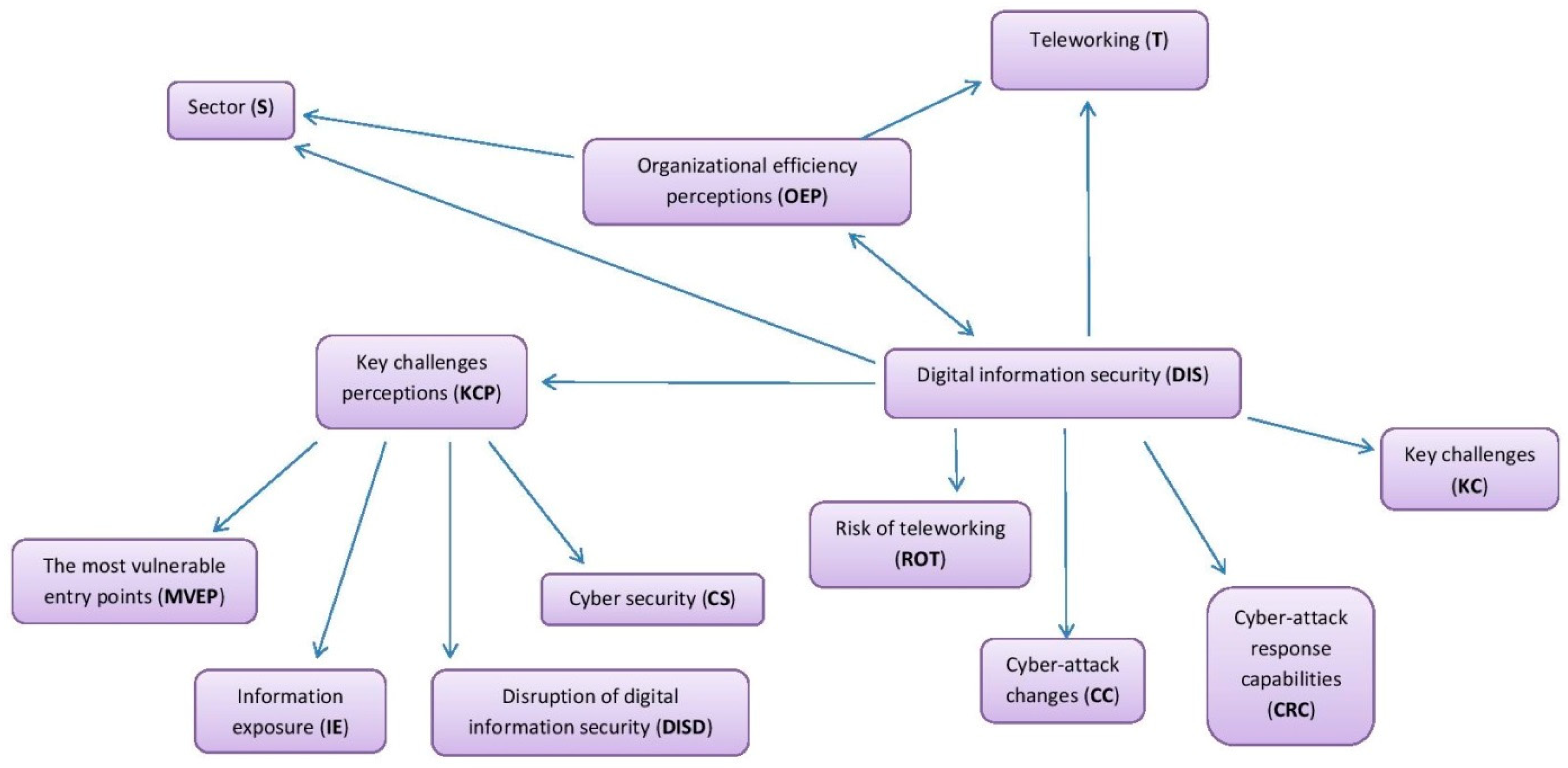
Strategic AI: Revolutionizing Legal Negotiations
In the ever-evolving landscape of legal practice, artificial intelligence (AI) is making significant strides, particularly in the realm of legal negotiations. This article explores how AI is transforming the dynamics of legal negotiations, offering strategic insights, efficiency gains, and enhanced decision-making capabilities.
The Role of AI in Legal Negotiations
AI is assuming a crucial role in legal negotiations by augmenting the capabilities of legal professionals. From analyzing vast datasets to predicting negotiation outcomes, AI technologies are becoming indispensable tools for lawyers engaged in complex negotiation processes. These advancements mark a paradigm shift in the way legal professionals approach and strategize negotiations.
Data-Driven Decision Making
One of the key contributions of AI in legal negotiations is its ability to facilitate data-driven decision-making. AI algorithms can analyze historical negotiation data, identifying patterns and trends that may not be immediately apparent to human negotiators. This data-driven approach empowers legal professionals with insights into optimal strategies, potential risks, and negotiation tactics based on past outcomes.
Predictive Analytics in Negotiation Strategies
AI’s integration into legal negotiations includes the use of predictive analytics to forecast potential negotiation outcomes. By assessing various factors, such as the parties involved, legal precedents, and contextual details, AI algorithms can generate predictions about the likely success of different negotiation strategies. This predictive capability allows negotiators to make more informed and strategic decisions.
Enhancing Efficiency and Speed
In the fast-paced legal landscape, efficiency is paramount. AI streamlines the negotiation process by automating routine tasks, such as document review, contract analysis, and information gathering. This automation not only accelerates the negotiation timeline but also allows legal professionals to focus on more complex and nuanced aspects of the negotiation, thereby increasing overall efficiency.
Natural Language Processing in Communication
AI’s natural language processing (NLP) capabilities are revolutionizing communication in legal negotiations. NLP algorithms can analyze and understand the nuances of written and spoken language, facilitating clearer communication between negotiating parties. This ensures that agreements and terms are expressed with precision, reducing the likelihood of misunderstandings and disputes.
Mitigating Risks and Identifying Opportunities
AI’s analytical prowess extends to risk assessment and opportunity identification in legal negotiations. By analyzing contractual terms, regulatory frameworks, and market conditions, AI can highlight potential risks associated with specific clauses or propose alternative terms that align with legal best practices. This proactive risk mitigation contributes to more robust and secure negotiations.
Ethical Considerations in AI-Assisted Negotiations
The integration of AI in legal negotiations raises ethical considerations that must be carefully navigated. Legal professionals must ensure transparency in disclosing the use of AI tools during negotiations. Additionally, safeguards should be in place to address concerns related to bias in AI algorithms and to uphold ethical standards in negotiations.
Adaptation to Changing Legal Landscapes
AI’s ability to adapt to changing legal landscapes is a valuable asset in negotiations. Legal professionals can leverage AI to stay updated on evolving laws, regulations, and precedents that may impact negotiations. This adaptability ensures that negotiation strategies align with the most current legal environment, enhancing the overall effectiveness of legal professionals.
AI in Legal Negotiations at AstroidIT
For legal professionals seeking to explore the transformative capabilities of AI in negotiations, AI in legal negotiations at AstroidIT offers insights and resources. By integrating AI technologies into their negotiation practices, legal professionals can leverage strategic advantages, enhance decision-making, and navigate negotiations with a data-driven and efficient approach.

